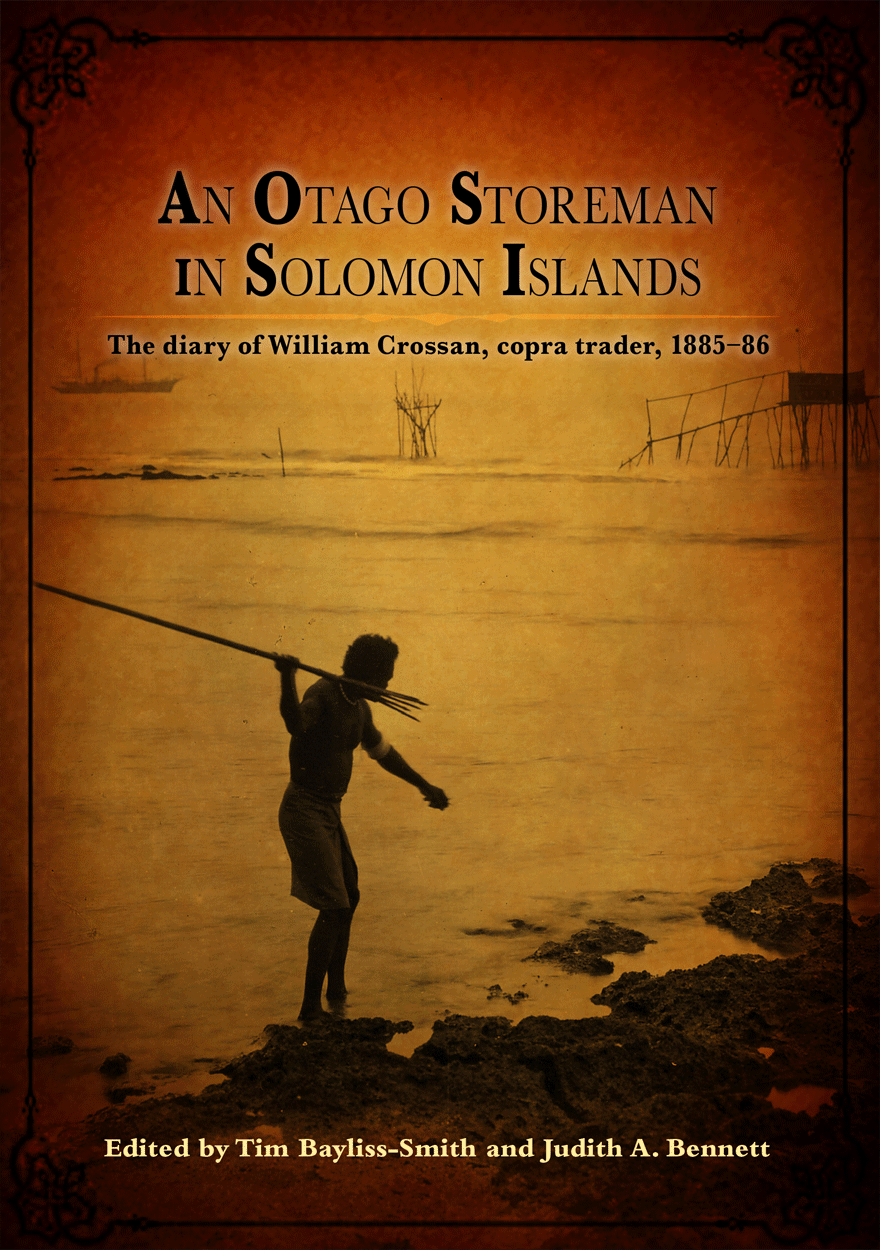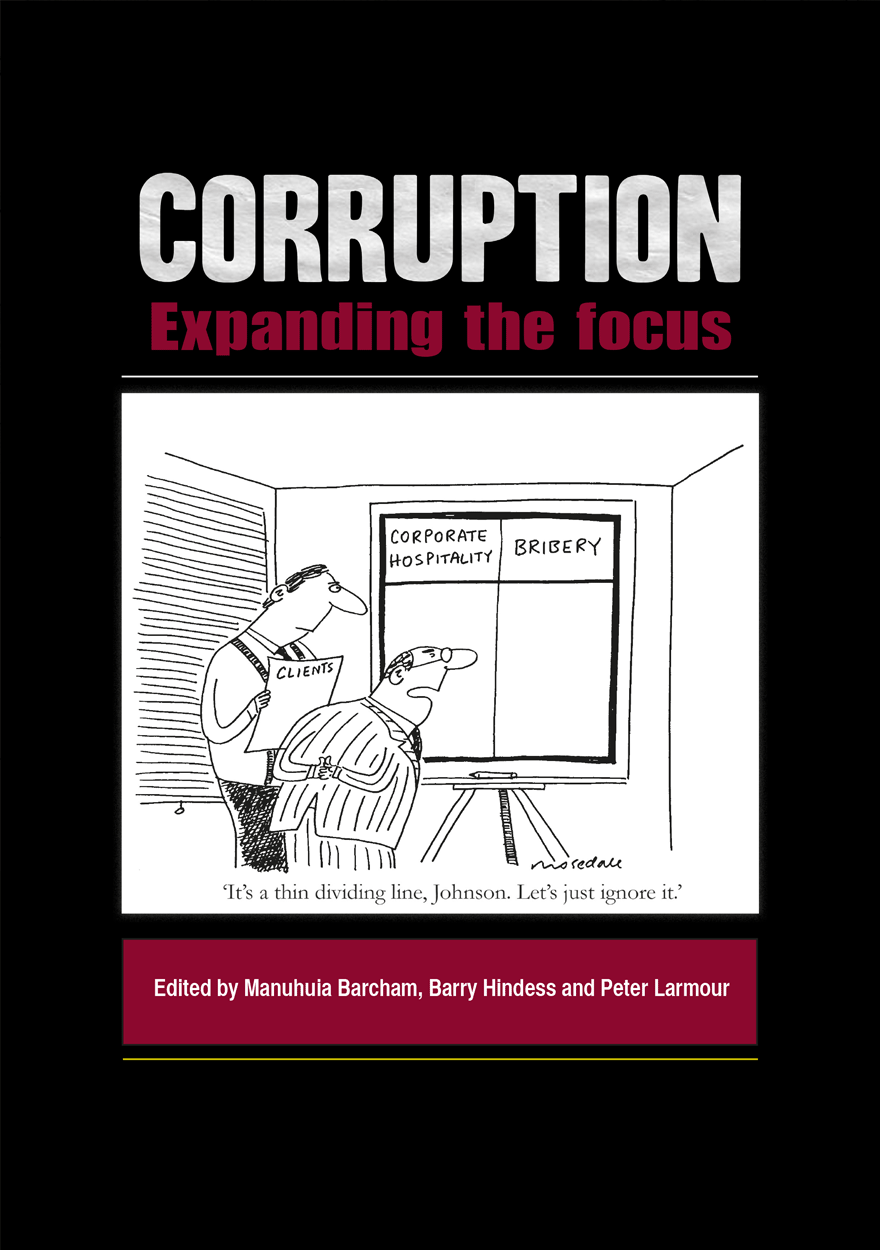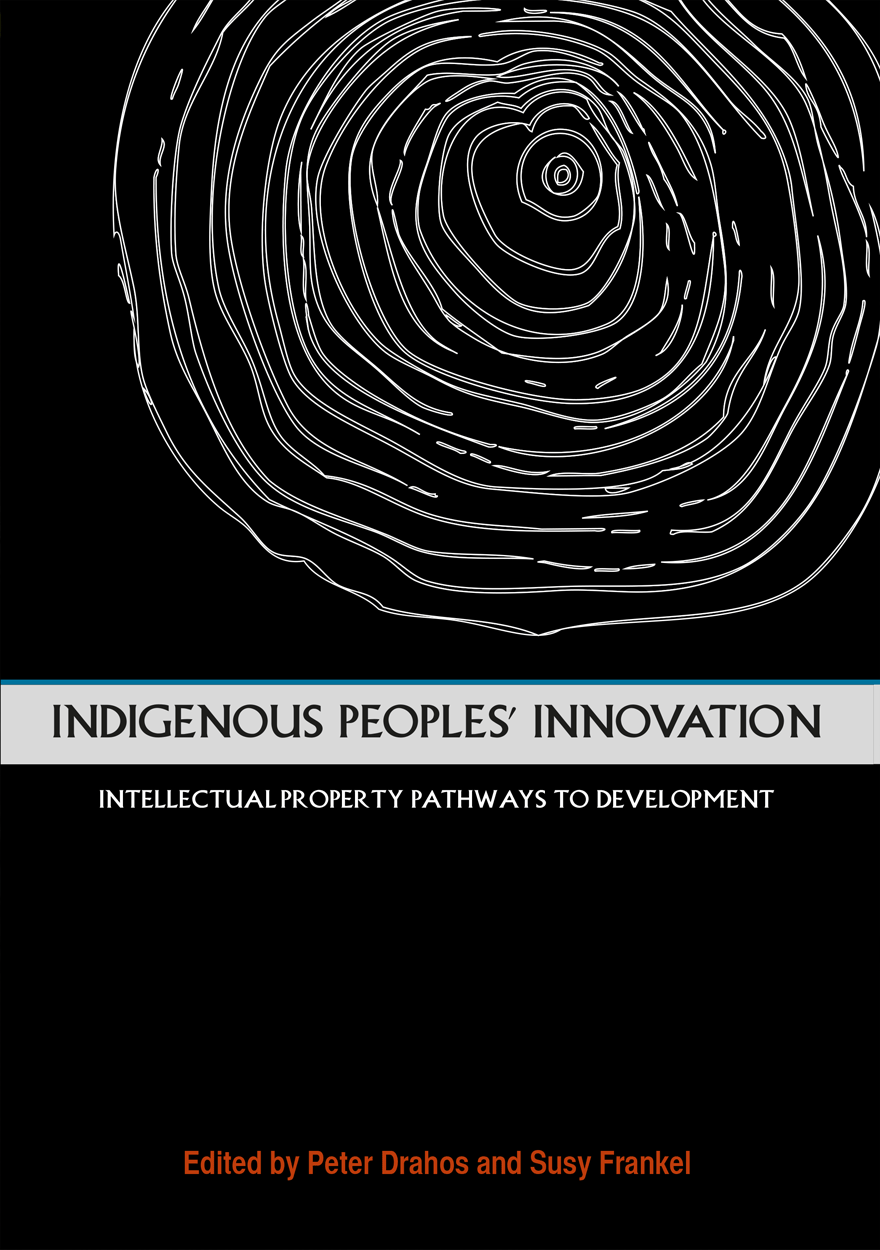Search titles
Displaying results 91 to 100 of 203.

Chalo Jahaji »
On a journey through indenture in Fiji
Authored by: Brij V. Lal
Publication date: December 2012
“It is a milestone in subaltern studies, a biographical journey penned by a living relic of the indentured experience and a scholar whose thoroughly interdisciplinary approach is a good example for the anthropologist, the sociologist or the economist who wish to see the proper integration of their disciplines in a major historical work.”
— Brinsley Samaroo, University of the West Indies, St Augustine Campus, Trinidad
“Professor Lal has made a most distinguished contribution to scholarship on Indian indentured labour in Fiji. His research is characterised by the use of new methodological approaches to the study of history, and by a comprehensive consideration of both quantitative and literary sources. In beautifully written articles, he has arrived at fresh and novel findings.”
— Ralph Shlomowitz, Flinders University of South Australia
“Professor Lal has produced a body of work which makes him the premier scholar of the Indian diaspora. His meticulous research, the depth of scholarship, the empathy, and the elegance have earned him great respect among Indian diaspora scholars. The themes covered in this book are relevant to other overseas Indian communities; and they are handled with such mastery that his reputation is secured.”
— Clem Seecharan, University of North London
“Brij Lal’s Chalo Jahaji is an intensely personal journey through his life and that of the 60,000 Indians who became girmitiyas in Fiji. The intricate history is measured, but Lal reveals himself and his family in a way historians seldom do. This proud grandson of a girmitiya is equally a proud son of Fiji. Chalo Jahaji is Pacific history at its best: rigorous and critical, informative and involved.”
— Clive Moore, University of Queensland

Intersections »
History, Memory, Discipline
Authored by: Brij V. Lal
Publication date: November 2012
“A wonderfully rich, insightful and personally touching collection of essays by the Pacific region’s most prolific and engaging historian. Brij Lal writes eloquently and poetically about his professional and political journeys, and the many different people and worlds he has encountered on the way. Readers will be inspired by this collective account of a courageous life committed to the achievement of democratic freedom and social justice. What shines through these pages is Lal’s love of and commitment to Fiji, from which he has been painfully exiled.”
— David Hanlon, Professor of History & Former Director of the Center for Pacific Islands Studies, University of Hawaii at Manoa.
“Intersections is a compilation of Brij Lal’s essays where academic knowledge combines with life world experience. The voice behind these essays is always courageous and the writing itself indicative of a highly disciplined mind. Read this book with an open mind as Lal explores with sensitivity a country he loves intensely and as he reminisces on the vocation of a scholar. Savour the book’s historical insights, enter into its subaltern worlds, debate and challenge its findings, and in that moment of engagement shed a tear for a country which has lost its memory.”
— Vijay Mishra, Professor of English, Murdoch University
“Brij Lal is a master craftsman and all his skills are on display in this fascinating work which blends autobiography with social, political and historical analysis to produce a work of impeccable scholarship. Lal emerges as much more than a historian as he reflects on the discipline of History, the changing nature of academic life, the challenges of the Indian diaspora, indenture and his travels. He may be banned from his homeland, but somehow one gets the impression that his influence is alive in Fiji, his adopted Australia and across the world. True to his indentured roots, he is still digging, still writing, and still making history.”
— Goolam Vahed, Associate Professor of History, University of KwaZulu-Natal

Situating Women »
Gender Politics and Circumstance in Fiji
Authored by: Nicole George
Publication date: November 2012
Since the time of decolonisation in Fiji, women’s organisations have navigated a complex political terrain. While they have stayed true to the aim of advancing women’s status, their work has been buffeted by national political upheavals and changing global and regional directions in development policy-making. This book documents how women activists have understood and responded to these challenges. It is the first book to write women into Fiji’s postcolonial history, providing a detailed historical account of that country’s gender politics across four tumultuous decades. It is also the first to examine the ‘situated’ nature of gender advocacy in the Pacific Islands more broadly. It does this by analysing trends in activity, from women’s radical and provocative activism of the 1960s to a more self-evaluative and reflexive mood of engagement in later decades, showing how interplaying global and local factors can shape women’s understandings of gender justice and their pursuit of that goal.

Taking the High Ground »
The archaeology of Rapa, a fortified island in remote East Polynesia
Edited by: Atholl Anderson, Douglas J. Kennett
Publication date: November 2012
This volume brings the remote and little known island of Rapa firmly to the forefront of Polynesian archaeology. Thirteen authors contribute 14 chapters, covering not only the basic archaeology of coastal sites, rock shelters, and fortifications, but faunal remains, agricultural development, and marine exploitation. The results, presented within a chronology framed by Bayesian analysis, are set against a background of ethnohistory and ethnology. Highly unusual in tropical Polynesian archaeology are descriptions of artefacts of perishable material. Taking the High Ground provides important insights into how a group of Polynesian settlers adapted to an isolated and in some ways restrictive environment.

An Otago Storeman in Solomon Islands »
The diary of William Crossan, copra trader, 1885–86
Edited by: Tim Bayliss-Smith, Judith A. Bennett
Publication date: October 2012
An Otago Storeman in Solomon Islands reaches from inland South Island of New Zealand across to the Solomon Islands during the 1880s. William Crossan’s Otago experience as a versatile storeman with a solid work ethic helped him survive on the Melanesian frontier where he encountered conflicting clans, cannibalism, cheating traders, and co-operative entrepreneurial big men. His diary provides many glimpses into Makiran society as it encountered new ideas, new employment, and western technology. It is a welcome addition to the sparse record of these cryptic copra traders seeking fortunes on the cusp of indigenous tradition and incoming colonialism.

Corruption »
Expanding the Focus
Edited by: Manuhuia Barcham, Barry Hindess, Peter Larmour
Publication date: September 2012
Recent years have seen an unprecedented rise in interest in the topic of corruption, resulting in a rising demand for suitable teaching materials. This edited collection brings together two different approaches to the study of corruption — the first represented by a large, practically-oriented literature devoted to identifying the causes of corruption, assessing its incidence and working out how to bring it under control; the second by a smaller collection of critical literature in political theory and intellectual history that addresses conceptual and historical issues concerned with how corruption should be, and how it has been, understood — and uses the second to reflect on the first.
This collection will be of interest to post-graduate students in political science, law, sociology, public policy and development studies, to senior public servants, and to professionals working in multilateral agencies, NGOs and the media.

Past Law, Present Histories »
Edited by: Diane Kirkby
Publication date: September 2012
This collection brings methods and questions from humanities, law and social sciences disciplines to examine different instances of lawmaking. Contributors explore the problematic of past law in present historical analysis across indigenous Australia and New Zealand, from post-Franco Spain to current international law and maritime regulation, from settler colonial humanitarian debates to efforts to end cruelty to children and animals. They highlight problems both national and international in their implication. From different disciplines and theoretical positions, they illustrate the diverse and complex study of law’s history.

Australian Humanities Review: Issue 52, 2012 »
Edited by: Monique Rooney, Russell Smith
Publication date: September 2012
Australian Humanities Review is a peer-reviewed interdisciplinary journal featuring articles, essays and reviews focusing on a wide array of topics related to literature, culture, history and politics.
Download for free
Not available for purchase

Indigenous Peoples' Innovation »
Intellectual Property Pathways to Development
Edited by: Peter Drahos, Susy Frankel
Publication date: August 2012
Traditional knowledge systems are also innovation systems. This book analyses the relationship between intellectual property and indigenous innovation. The contributors come from different disciplinary backgrounds including law, ethnobotany and science. Drawing on examples from Australia, New Zealand and the Pacific Islands, each of the contributors explores the possibilities and limits of intellectual property when it comes to supporting innovation by indigenous people.

Engendering Violence in Papua New Guinea »
Edited by: Margaret Jolly, Christine Stewart, Carolyn Brewer
Publication date: July 2012
This collection builds on previous works on gender violence in the Pacific, but goes beyond some previous approaches to ‘domestic violence’ or ‘violence against women’ in analysing the dynamic processes of ‘engendering’ violence in PNG. ‘Engendering’ refers not just to the sex of individual actors, but to gender as a crucial relation in collective life and the massive social transformations ongoing in PNG: conversion to Christianity, the development of extractive industries, the implanting of introduced models of justice and the law and the spread of HIV. Hence the collection examines issues of ‘troubled masculinities’ as much as ‘battered women’ and tries to move beyond the black and white binaries of blaming either tradition or modernity as the primary cause of gender violence. It relates original scholarly research in the villages and towns of PNG to questions of policy and practice and reveals the complexities and contestations in the local translation of concepts of human rights. It will interest undergraduate and graduate students in gender studies and Pacific studies and those working on the policy and practice of combating gender violence in PNG and elsewhere.



